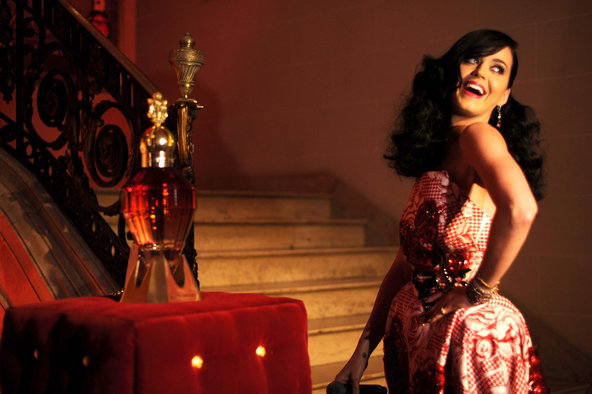The network was so nondescript, said Charlie Collier, AMC’s president, that it was often confused with the movie theater chain or the bowling supplies seller.
But over the last six years, the network has ridden the critical acclaim of two dramas, “Breaking Bad” and “Mad Men” — along with record-setting ratings for a third drama, “The Walking Dead” — to a new identity as a purveyor of sophisticated, dark television drama.
Now “Breaking Bad,” the hugely discussed series about a teacher turned drug kingpin, starts its final run of episodes next Sunday, and “Mad Men,” its partner in impact on the cultural zeitgeist, is also down to its own final season. That leaves AMC at the crossroads of celebration and challenge.
Even as they revel in the klieg lights shining on the last season of “Breaking Bad” (one prominent television producer, Damon Lindelof of “Lost,” offered $1 million — facetiously, on Twitter — for a sneak peek at the first of the new episodes), AMC executives acknowledge that their two departing shows will be nearly impossible acts to follow.
“I would love to say there’s no pressure,” said Joel Stillerman, head of original programming for AMC, “but that would be a lie.”
AMC has been preparing for this sea change, ramping up its roster of potential new series and reconfiguring its business model to take advantage of the elevated stature the channel now enjoys.
“Everyone is saying this is the moment for AMC’s future,” Mr. Collier said. “I would say it is a moment.”
It would seem to be a moment to seize for AMC. The channel has never before been as popular a destination for top creative talent, and has never made as much money.
The network has 67 projects in development, by far the most in its history.
Financially, AMC has secured advertising sales for the new television season that, according to its estimates, are nearly 20 percent higher than last year, to go with a similar rise in the subscriber fees from cable companies. Mr. Collier did not disclose the total figures, but said, “All revenue streams are on the upswing.”
In addition, the success of the two departing dramas, along with “Walking Dead,” has enabled AMC to shift from licensing its shows from outside studios to insisting on ownership in future series, a transformation that means “much more upside, a lot more money,” said Richard Greenfield, a media analyst at BTIG Research.
“We have mass and distinction,” Mr. Collier said. “That’s the mother lode.”
It has ratings, too. In the past season, “Walking Dead” averaged 8.2 million viewers for its initial broadcast, but that grew to 15 million after seven days. “Mad Men” averaged 1.6 million on its first night, but that grew to 4 million after seven days. “Breaking Bad” had an audience of 1.7 million in its first airing, and expanded that to 3.9 million after seven days.
Now all the network has to do is keep it going.
Mr. Collier expressed a high degree of confidence that the network could build on its success, based on how far AMC — owned by AMC Networks, which also owns the Sundance Channel and IFC — has traveled in the last seven years.
Before that, the channel had no special identity beyond its slate of older movies, and no cachet with younger audiences.
Vince Gilligan, 46, a respected writer from “The X-Files,” had a vague sense of AMC as the movie channel with commercials, he said.
When he wrote an uncompromising pilot script with a lead character developing cancer and shifting from teaching high school to cooking crystal meth, he was unsurprised that networks like HBO and Showtime “were not remotely interested.”
Then his agent told Mr. Gilligan he had offered the script to AMC. His reply mixed skepticism with dripping sarcasm: “I said: ‘Why didn’t you send it to the Food Network? It’s a show about cooking, after all.’ “
AMC not only bought the show, it promised creative freedom. “I didn’t believe a word they said,” Mr. Gilligan said.

Article source: http://www.nytimes.com/2013/08/05/business/media/with-2-hit-series-ending-a-transformed-amc-is-at-a-crossroads.html?partner=rss&emc=rss
